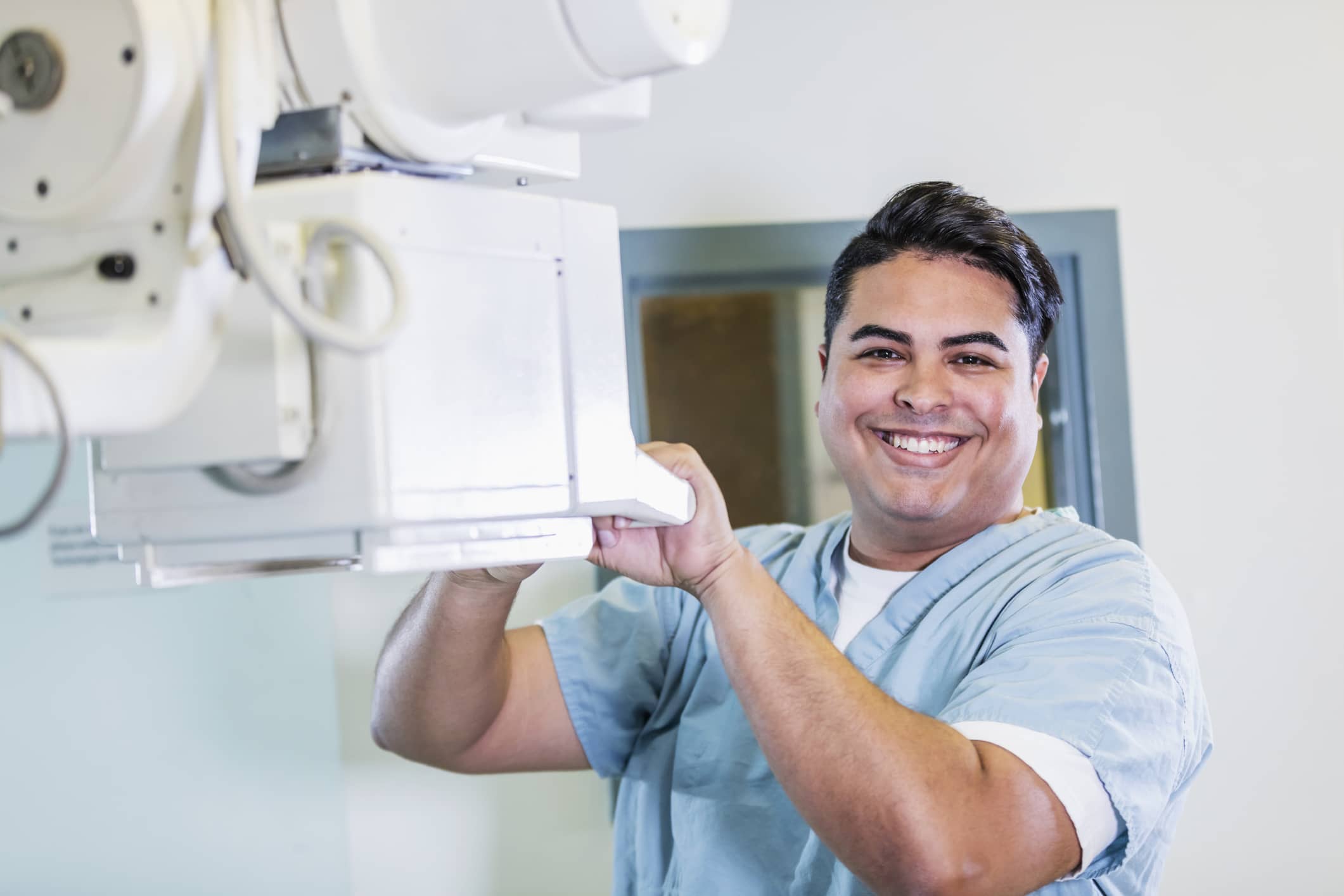
Road to Recovery: Exercising at Home Made Easy for Physical Therapists
Patient education is crucial in physical therapy, especially for travel physical therapists who often encounter diverse patient needs and environments. Educating patients about exercises they can perform at home promotes better recovery and empowers them to take charge of their health. This knowledge is vital for ensuring continued progress when frequent in-person sessions aren't feasible.
The Role of Home Exercise Programs
Home Exercise Programs (HEPs) form the backbone of effective patient care outside clinical settings. These programs are personalized sets of exercises designed to address patients' specific needs and goals. For travel physical therapists, crafting effective HEPs can make a significant difference in patient outcomes, as it encourages consistency and adherence to the therapeutic process.
Building Trust Through PT Education
Establishing trust with patients begins with effective PT education. Travel physical therapists must communicate clearly and empathetically, helping patients understand the purpose and benefits of prescribed exercises. This connection fosters a supportive environment, motivating patients to follow through with their HEPs and achieve better recovery results.
Tailoring Exercises to Individual Needs
Every patient is unique, and so should their exercise regimen. Tailoring HEPs to individual needs involves assessing the patient's condition, fitness level, and personal goals. Travel physical therapists can utilize their expertise to design exercises that are both effective and feasible for patients to perform in their home environment, ensuring a higher likelihood of adherence.
Demonstrating Exercises Effectively
A critical aspect of PT education is demonstrating exercises effectively. Travel physical therapists should focus on clear, step-by-step instructions and visual demonstrations to ensure patients fully grasp each exercise's mechanics. This approach minimizes misunderstandings and maximizes the potential for successful at-home practice.

Using Technology to Support Education
Technology offers valuable tools for enhancing PT education. Travel physical therapists can leverage videos, mobile apps, and virtual sessions to demonstrate exercises and monitor patient progress remotely. These resources bridge the gap between in-person visits, providing patients with ongoing support and motivation.
Monitoring Progress and Making Adjustments
Regular monitoring and adjustments to HEPs are essential for optimal recovery. Travel physical therapists can conduct virtual check-ins or utilize online platforms to assess patient progress and modify exercises as needed. This proactive approach ensures that HEPs remain relevant and effective throughout the patient's recovery journey.
Empowering Patients Through Education
Empowering patients with the knowledge and skills to manage their recovery independently is a hallmark of effective PT education. Travel physical therapists play a crucial role in this empowerment, providing patients with the tools and confidence needed to maintain their health and prevent future injuries.
Addressing Common Challenges in Home Programs
Implementing HEPs comes with challenges, particularly for travel physical therapists working with patients in diverse settings. Common obstacles include limited equipment, space constraints, and patient motivation. Overcoming these challenges requires creativity and adaptability, ensuring that patients have the resources and encouragement necessary to succeed.
Finding Opportunities in Travel PT
If you're a travel physical therapist seeking high-paying opportunities, consider exploring positions with AMN Healthcare. We offer a variety of roles that allow you to make a meaningful impact on patient recovery while advancing your career in diverse and rewarding settings.



